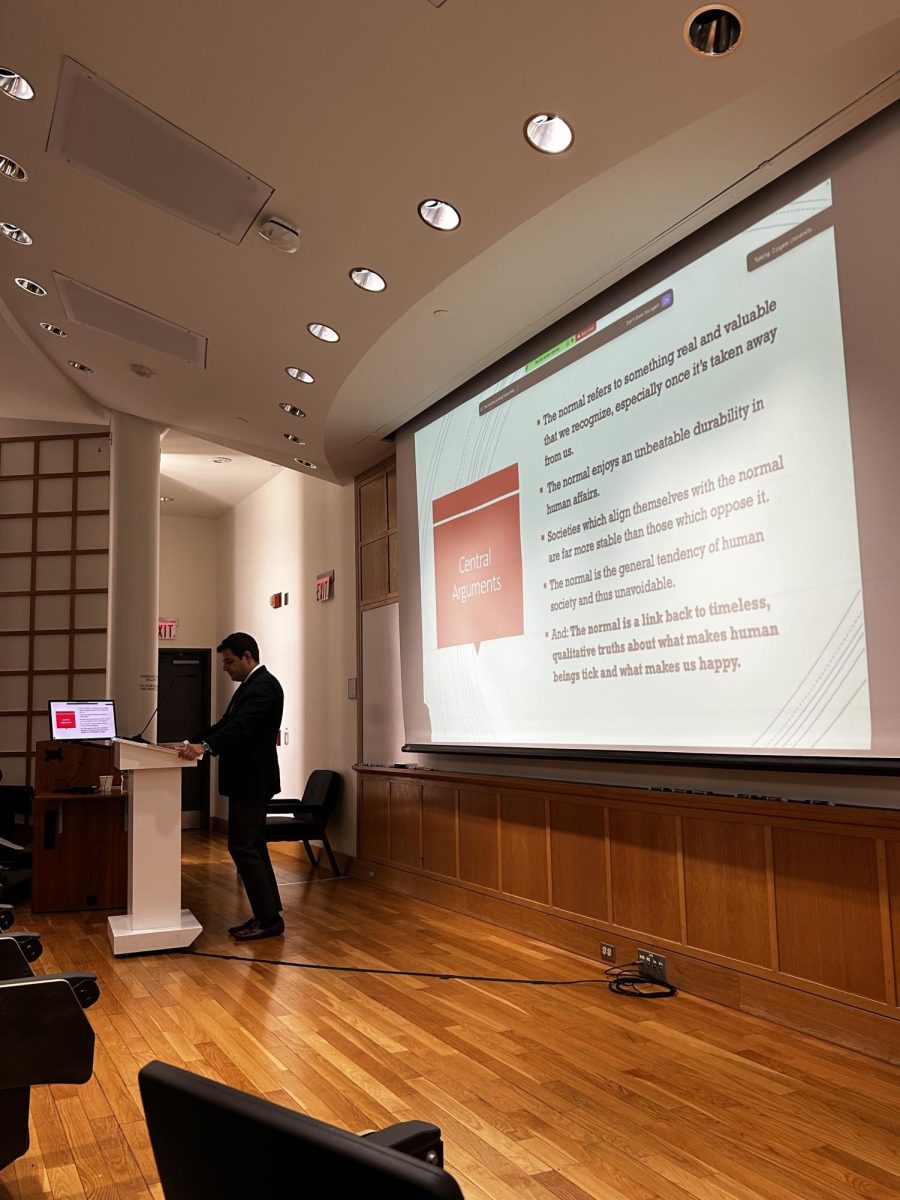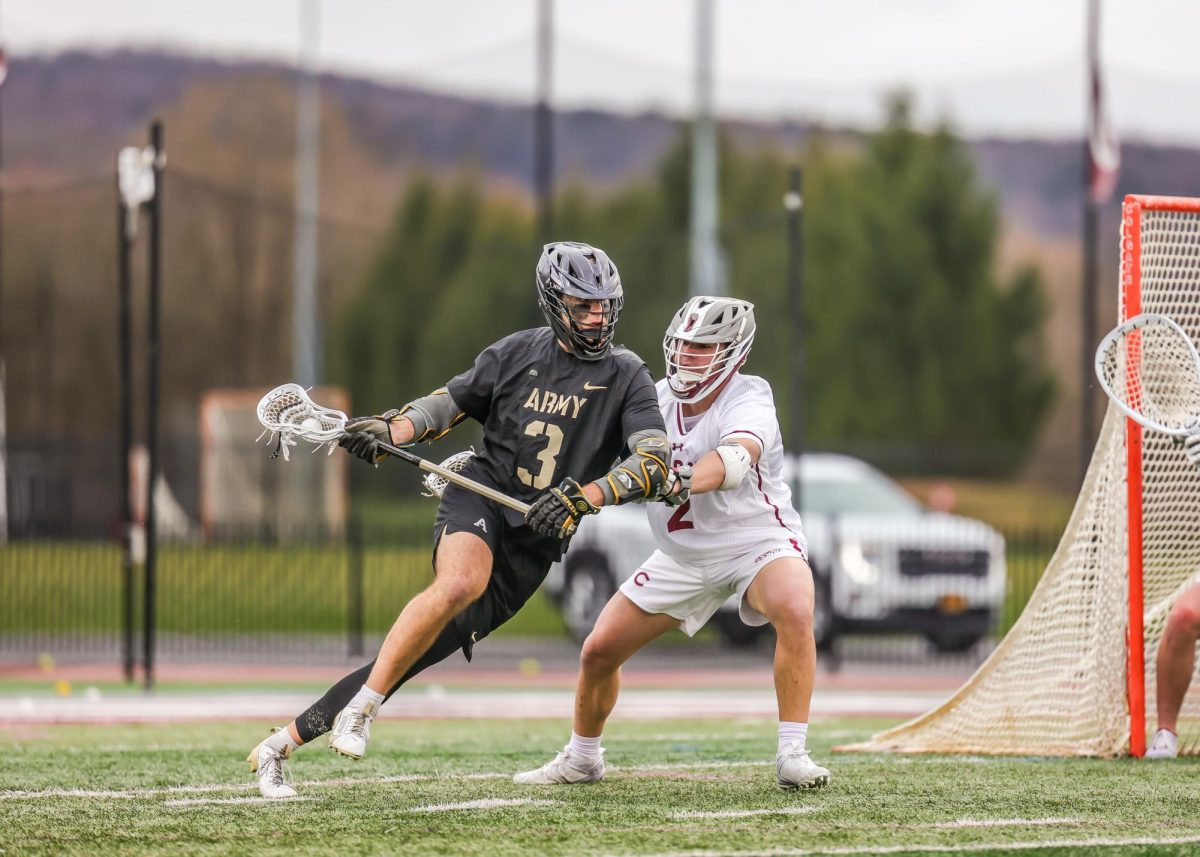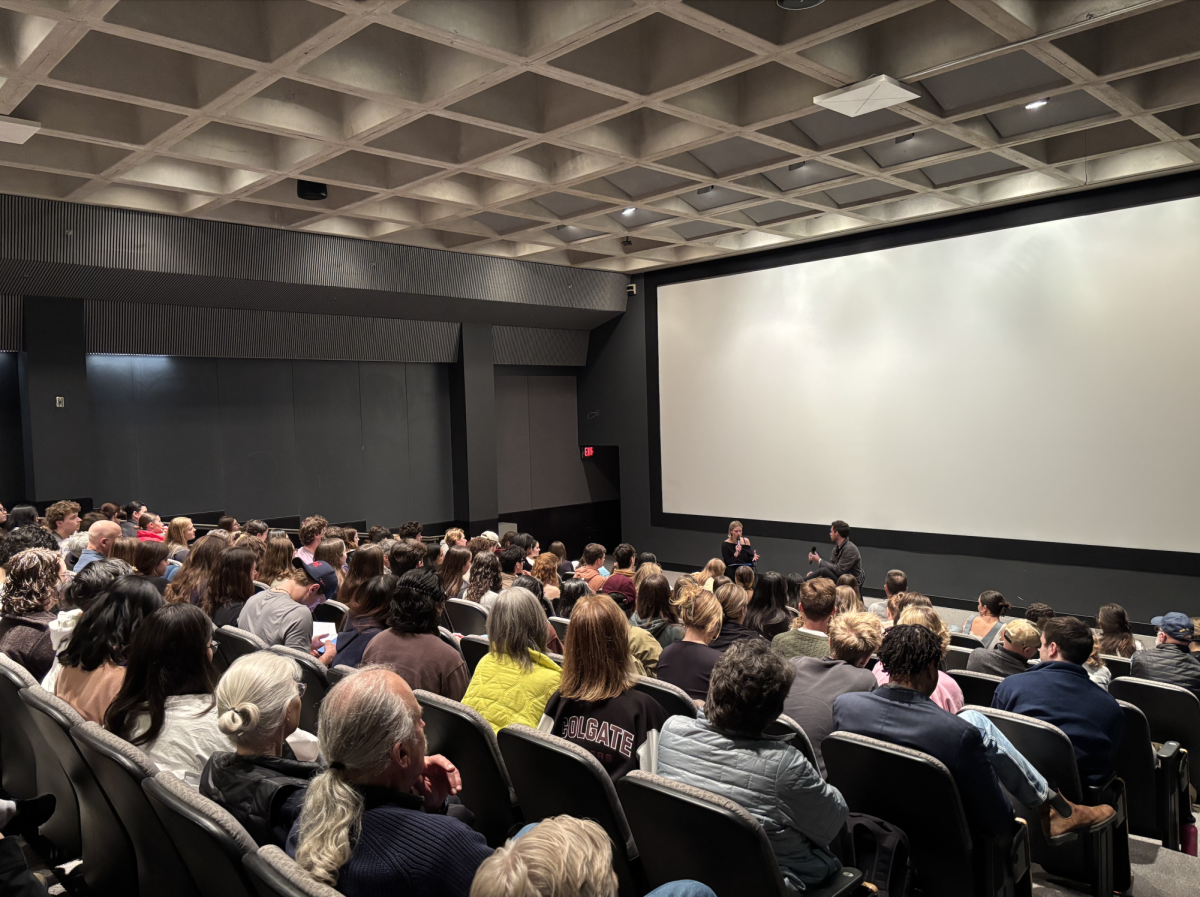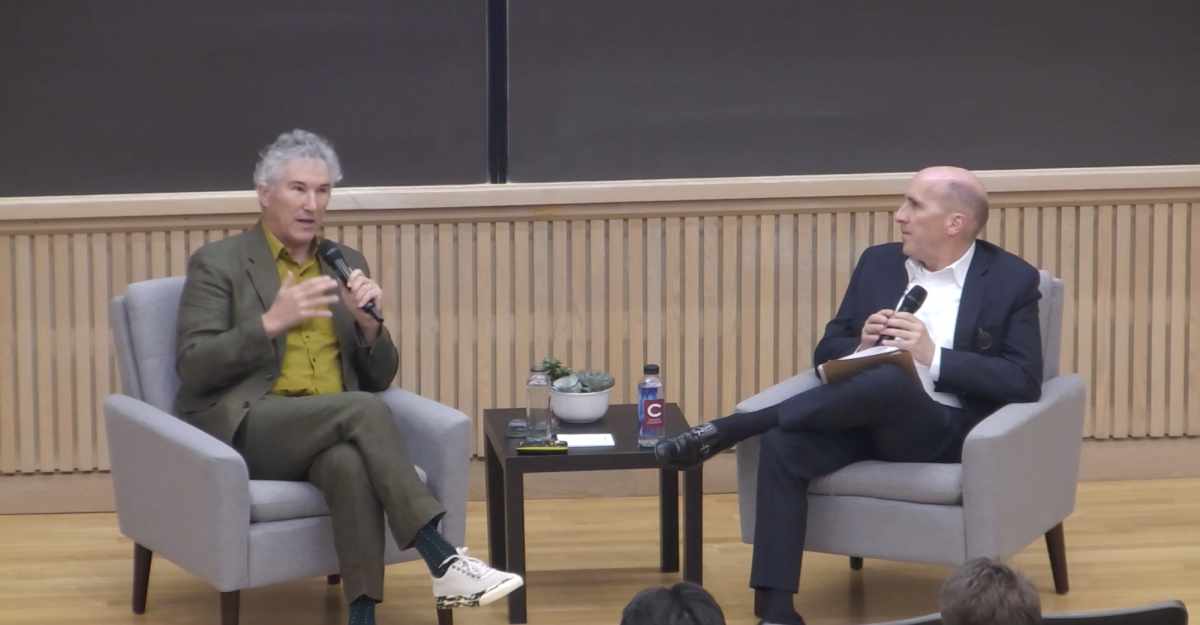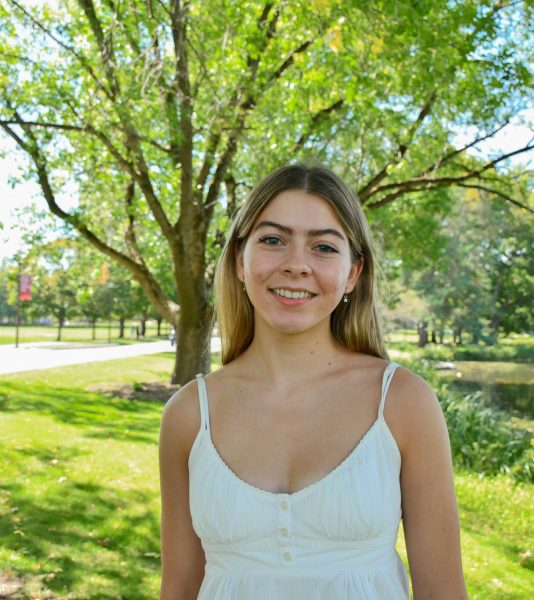Dr. Markus V. Hoehne, an anthropologist at the University of Leipzig, visited Colgate University on Tuesday, March 19, to discuss the ongoing conflict in northern Somalia and the impacts of his online and offline engagements. Hoehne conducted research for his doctorate in Somaliland from 2002 to 2004 and has returned to the region regularly in the years since, writing more than a dozen peer-reviewed articles.
The conflict in northern Somalia revolves around the struggle for independence by Somaliland nationalists and the resulting violence. Somaliland was a British protectorate until 1960 when the territory merged with the Italian-administered regions to form the Somali Republic. The union proved complicated and, eventually, some groups in the former Somaliland protectorate rebelled against the government in the capital of Mogadishu in the south of the republic.
The rebels of the Somaliland National Movement fought throughout the 1980s against the national army. A decade later, in 1991, the government in Mogadishu fell and Somaliland declared itself independent. However, the region remains almost entirely unrecognized by foreign nations to this day.
Hoehne has researched the idea of secession of Somaliland from Somalia — which remains contested even within the region — for the past two decades. Separatists in central Somaliland, near the capital city of Hargeisa, wish to be independent. Unionists in the eastern regions, particularly in a town called Lasanod, support Somali unity.
In recent months, the conflict has become exceptionally bloody. Assassinations suspected to be ordered by the Somaliland government, located in Hargeisa, have become more frequent.
“Most of those who were killed at the end of 2021 and 2022 had voiced their opposition against the current government in Hargeisa shortly before their death,” Hoehne said.
At the end of 2022, the assassination of Abdifatah Abdullahi Abdi, an important figure in the most prominent party opposing Somaliland, caused widespread upheaval.
“In reaction to the most recent assassination, mostly young people took to the streets and […] the Somaliland authorities in town ordered their forces to open fire, killing some 20 students in Lasanod between late December 2022 and early January 2023,” Hoehne said.
Negotiations between local leaders in Lasanod and the Somaliland administrations took place in January 2023. In early February, when the town leaders asked the Somaliland forces to withdraw completely from the area, the Somaliland army started shelling Lasanod.
“On [Feb. 6], 2023, the Somaliland forces were ordered by Hargeisa to shell Lasanod. At that time, some 200,000 people lived in town,” Hoehne said. “Within days, 90 percent of them had fled to the countryside. This was during the dry season.”
The fighting continued, and Hoehne took to X, formerly known as Twitter, to inform others about the conflict as it progressed. Through communication with long-standing contacts in Somalia, Hoehne was able to provide prompt updates alongside his own political reflections.
Since he began to engage with the conflict on social media, Hoehne has amassed almost 11,000 followers on X, a stark contrast from his initial 60 followers in January 2023. Simultaneously, his direct criticisms of the Somaliland government have provoked severe reactions. Hoehne was called a Nazi, a white supremacist and a convicted child sexual predator.
“People wrote long letters to my university […] with horrendous allegations that are completely unbased,” Hoehne said. “People also wrote to Colgate.”
During his lecture, Hoehne reflected on the morality of online and offline engagement within the context of the conflict.
“Of course, in a situation of escalating conflict within a community [like the] people in northern Somalia, it’s hard to say who were those the anthropologist should side with,” Hoehne said.
Tsega Etefa, a professor of history and Africana and Latin American studies at Colgate, felt that Hoehne’s extensive experience provided valuable insights.
“The talk drew a large gathering, and my students were highly appreciative of the talk — as well as the University — for bringing in such an experienced scholar with over twenty years of research fieldwork in Somalia,” Etefa said.
Etefa was vital to the organization of the event.
“[In] June 2023, along with other Colgate faculty, I visited Leipzig University for potential collaboration with scholars. I was not aware of Dr. Markus Hoehne being at Leipzig at the time, but I met with another scholar in the African studies department. In November 2023, while I was reading Al-Jazeera news on conflict in north Somalia, I found out that Dr. [Hoehne] was based at Leipzig University and I immediately reached out to him,” Etefa said. “I am very grateful to the Colgate-Leipzig collaboration fund that made his visit possible, and [to] the history department and Africana and Latin American studies for co-sponsoring his stay.”
The lecture inspired thoughtful contemplation among student attendees. First-year Alex Immella shared that Hoehne shifted his perspective on the issue.
“I always sympathized with Somaliland in the past. Did I recognize it as a country? No, but I always felt bad that no other nation did and always wondered why,” Immella said. “However, after seeing how they openly ordered to shell civilians in Lasanod, coupled with the assassinations likely carried out by the government on people who criticized them, it helped me gain a new perspective on why countries won’t recognize it.”
Hoehne’s experience transitioning from academic research to social activism is a microcosm of the ethical dilemma of anthropology. Utilizing his extensive research background, Hoehne says that he is no longer complicit in observing the conflict, but rather is advocating for its end.


